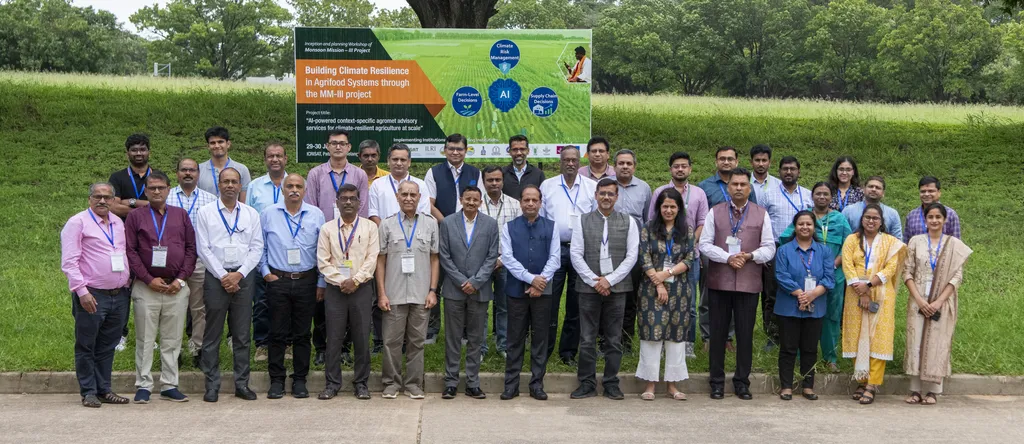In the face of climate change, farmers worldwide are grappling with increasingly erratic weather patterns that threaten crop yields and livelihoods. A new digital decision-support platform, AgriAlertX, is stepping in to bolster climate resilience in agriculture, offering real-time alerts and tailored recommendations to help farmers mitigate the impacts of extreme weather events. Developed by a team led by Dadi Soukaina of Chouaib Doukkali University’s National School of Applied Sciences and LTI Laboratory in El Jadida, Morocco, this innovative tool integrates open weather APIs, predictive analytics, and crop-specific thresholds to deliver localized guidance.
AgriAlertX works by providing farmers with timely, location-specific alerts about impending weather threats such as droughts, frost, and heatwaves. “The platform is designed to support proactive decision-making, helping farmers optimize resource use and minimize potential losses,” explains Soukaina. By leveraging advanced meteorological data analysis, the system offers context-specific recommendations tailored to each user’s geolocation and crop type, ensuring that farmers can take preemptive action to protect their crops.
The commercial implications for the agricultural sector are significant. Preliminary evaluations suggest that AgriAlertX could reduce agricultural losses by up to 20%, depending on crop sensitivity and regional vulnerability. This not only enhances food security but also supports the economic stability of farming communities. “By integrating cutting-edge technology with practical agricultural knowledge, we aim to create a more resilient and sustainable future for farmers,” says Soukaina.
The platform’s ability to analyze meteorological data and deliver actionable insights could revolutionize agricultural monitoring and disaster prevention. As climate change continues to intensify, tools like AgriAlertX will become increasingly vital for farmers seeking to adapt and thrive in an unpredictable environment. “This initiative contributes to improved risk management and supports global efforts in climate-resilient, sustainable agriculture,” adds Soukaina.
Published in the journal SoftwareX, which translates to “Software Science” in English, this research highlights the potential of digital innovation to address some of the most pressing challenges in agriculture. As the platform continues to evolve, it could pave the way for future developments in agricultural technology, shaping a more resilient and sustainable future for the sector.

